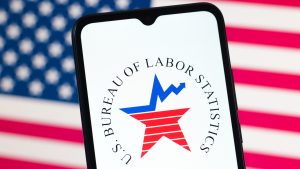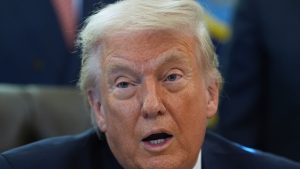FBI will help Texas law enforcement find 51 fleeing Democrats

The FBI agreed to assist Texas law enforcement in locating members of the Texas House of Representatives who fled the state in order to block the approval of a gerrymandered congressional map. Sen. John Cornyn, R-Texas, made the request on Tuesday and announced it was approved by FBI Director Kash Patel on Thursday morning.
“I thank President Trump and Director Patel for supporting and swiftly acting on my call for the federal government to hold these supposed lawmakers accountable for fleeing Texas,” Cornyn said in a statement. “We cannot allow these rogue legislators to avoid their constitutional responsibilities.”
Cornyn’s request and reasoning
Cornyn said the lawmakers who fled may have committed crimes, including bribery or other public corruption offenses, by soliciting or accepting funds to pay for their stay. Gov. Greg Abbott and state Attorney General Ken Paxton also made similar accusations.
“Federal resources are necessary to locate the out-of-state Texas legislators who are potentially acting in violation of the law,” Cornyn wrote in his original request to the FBI. “The FBI has tools to aid state law enforcement when parties cross state lines, including to avoid testifying or fleeing a scene of a crime.”
The Texas House of Representatives approved arrest warrants for the 51 lawmakers Monday. The civil warrants give the House sergeant-at-arms and state troopers the authority to arrest the lawmakers and bring them to the Capitol. But state law enforcement has no power outside state lines and Illinois Gov. JB Pritzker, D, said he would protect the lawmakers who are in his state.
Halting a quorum
There are 51 Democrats from the Texas House of Representatives staying in Illinois, Boston and New York to deny the legislature a quorum. Without a quorum, the Texas legislature cannot vote to approve a new congressional map that Republicans hope will give them five new seats in the 2026 midterm elections.
There are 150 members of the Texas House of Representatives. Two-thirds of the members must be present to have a quorum, so 100 is the minimum number of members who need to be present to conduct official business. With 51 gone, it only takes one to either return or be replaced to get the chamber up and running again.





